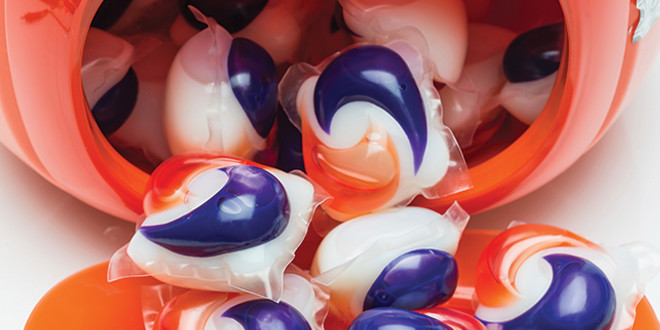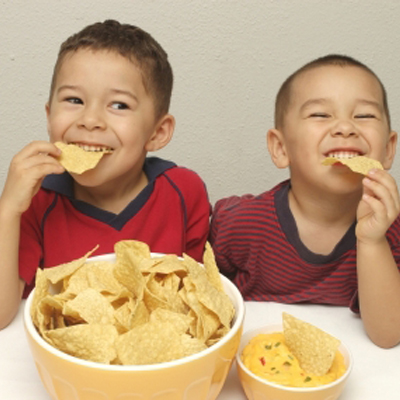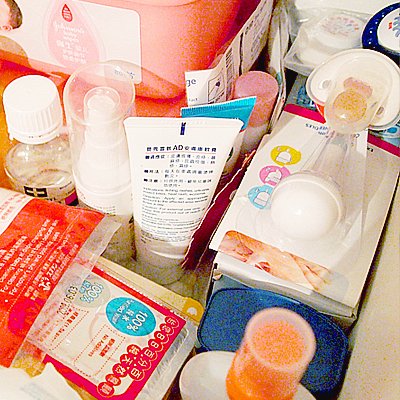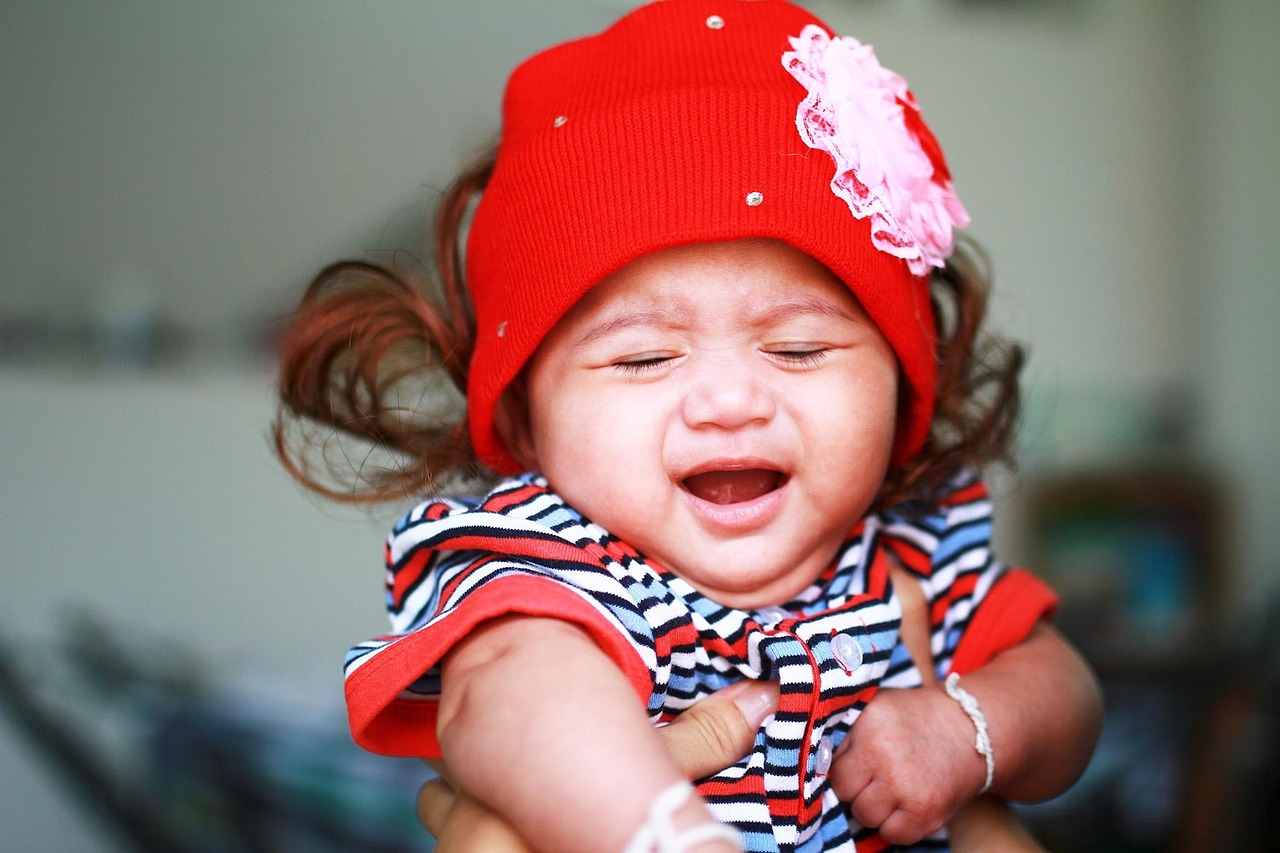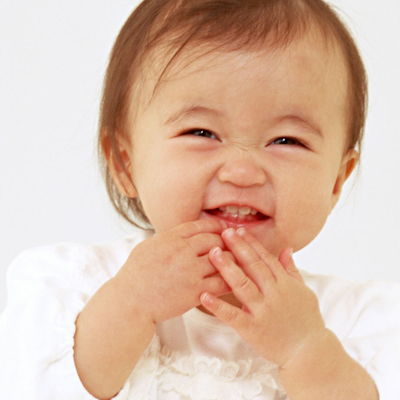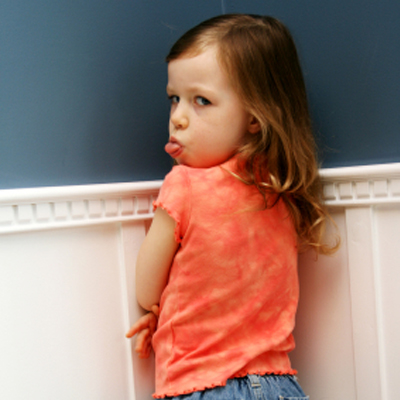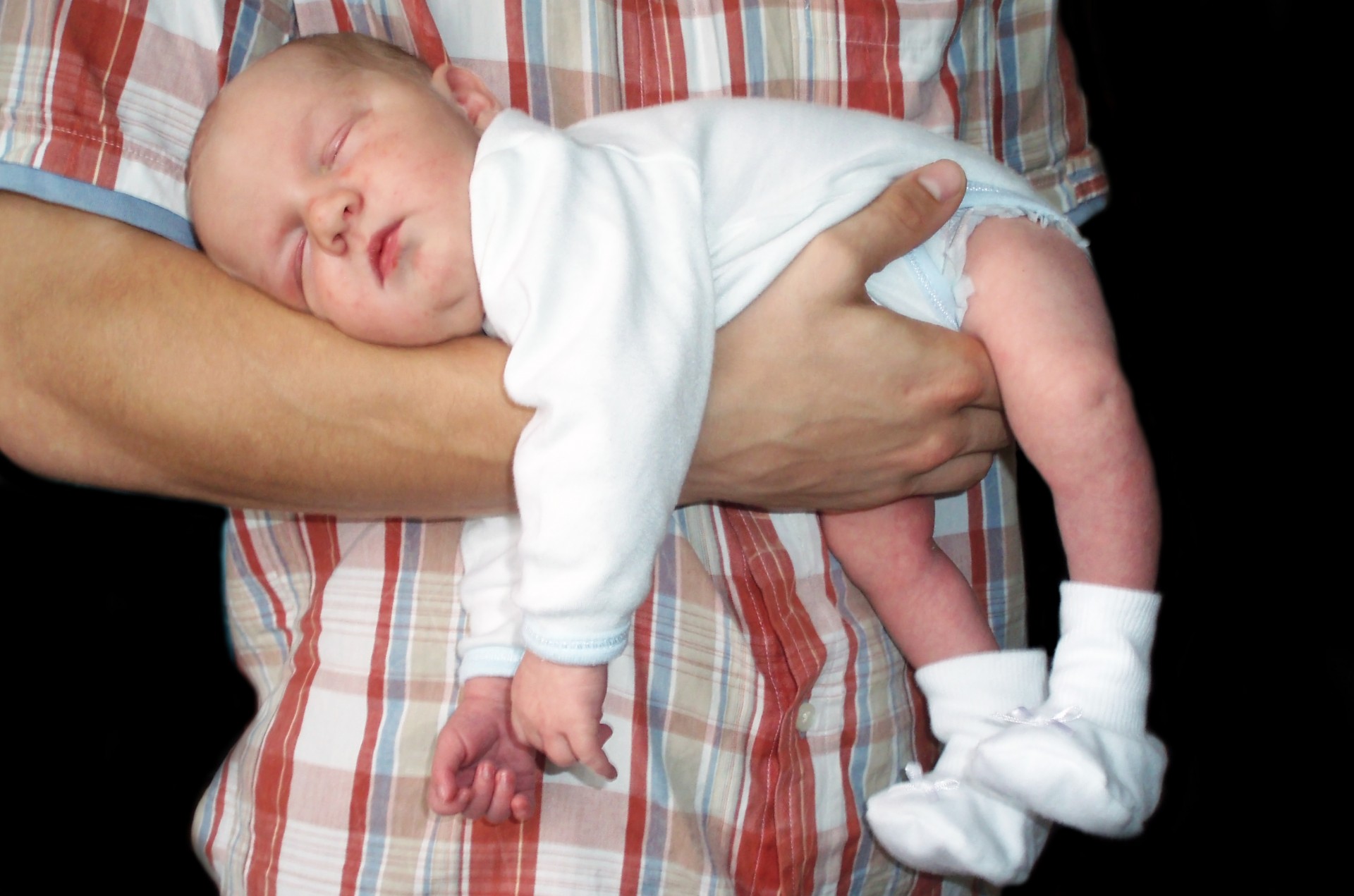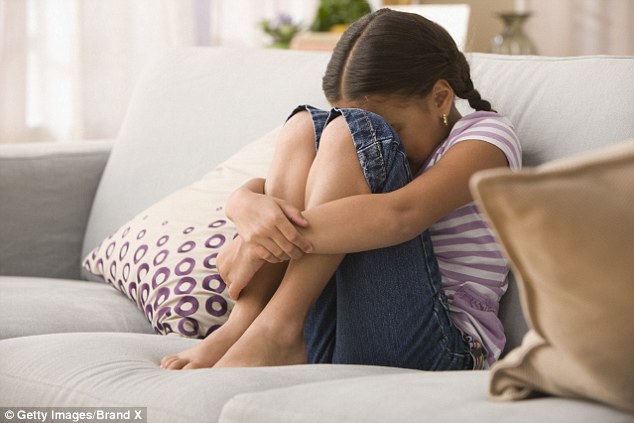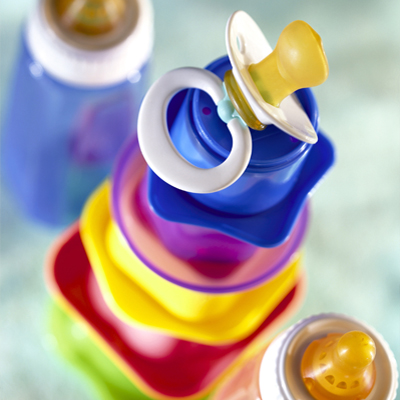Daily household items harmful to children
1.Essential Oils Are Poisoning More and More Kids Don't assume just because essential oils are naturally derived they can't cause your child serious harm. Natural remedies are increasingly popular for helping with a variety of maladies, from allergies to depression. But according to a Tennessee poison center, kids are more at risk than ever for accidental poisoning from essential oils used in these treatments, either by ingestion or improper dosing. Health Day reports between 2011 and 2015, toxic exposure to oils derived from plants and used in aromatic and homeopathic products, such as tea tree oil, increased two-fold.
But if these oils are natural, how can they be poisonous? Explains Dr. Justin Loden, a certified specialist at Vanderbilt University Medical Center's Tennessee Poison Center, "The rule of thumb in toxicology is 'the dose makes the poison,' so all essential oils are potentially harmful." He adds, "In children, poisoning typically occurs when they try to swallow the oil, but choke so that a little of it goes into the lungs, which causes pneumonia; it only takes less than half a teaspoonful to do that." That's not a lot! And parents should note the hazard applies to every kind of essential oil, but especially when it comes to camphor, clove, lavender, eucalyptus, thyme, tea tree, and wintergreen oils. Making sure not to overuse an application is key in preventing a poisoning accident. What makes the oils, which are also sometimes diffused into the air, especially dangerous for kids is that many smell good and may seem appealing to eat. That is why proper storage in a locked cabinet is key. Loden further notes kids' skin is thinner and may absorb oil applied to them more quickly than adults. An overdose of an essential oil can cause some pretty serious symptoms, and again, remember it doesn't take a lot. Signs of overuse include agitation, hallucinations, seizures, chemical burns, breathing problems, liver failure, and brain swelling. 2.Laundry Detergent Pods Are STILL a Serious Poisoning Threat to Kids Laundry detergent pods pose a serious poison risk to young kids who may eat them thinking they are candy. Laundry detergent pods may seem like a quick and easy shortcut for busy moms, but when those little packets fall into the wrong tiny hands they pose a serious threat. Because to kids those little pods look like candy—so they pop them right in their mouths! According to a new study published today in Pediatrics, since 2013 there's been a 17 percent rise in the number of calls to U.S. poison control centers reporting accidental exposure of young kids to laundry packets like Tide Pods, Purex UltraPacks, and Arm & Hammer Power Paks, among others. "What we found was astounding," said lead study author Dr. Gary Smith, director of the Center for Injury Research and Policy at Nationwide Children's Hospital in Columbus, Ohio. "More than 31,000 children are exposed to laundry detergents each year in this country. Over half of those were to laundry detergent packets. In fact, a child is reported every 45 minutes in this country for exposure to a laundry detergent packet." Whoa! Even worse: the study found the pods and packets were associated with more hospitalizations, more breathing failure and more serious medical outcomes for kids—coma, fluid in the lungs, and heart problems—than traditional laundry detergent. In fact, during the course of the study, two children died after exposure to the packets, and 104 had to be intubated, compared with no deaths and 13 intubations involving regular detergent. On average, a child was hospitalized every day for some injury involving a laundry pod. Experts say a serious poisoning can occur in the time it takes to reach for a pair of socks. "All they have to do is put them in their mouth and bite down and the packet will burst, and once these toxic chemicals get down their throat the game's over," Smith explained. "We strongly recommend that parents not use laundry detergent packets if they have young children in the home. They should use traditional laundry detergent." Last year, manufacturers agreed to a set of voluntary standards in an effort to make pods safer. These included applying bitter agents to the pod's dissolving film and opaque packaging that's harder to open. But Smith says it's still not enough. "It's not OK to put something into the environment of children that's so highly toxic and then expect parents to watch their children 100 percent of the time," he explained, adding that if the standards don't get tougher, it's probably time to take laundry packets off the market. In the meantime, if you do decide to go the pod route, please use the following tips to keep your kids safe:
Retrieved from : www.goo.gl/xeW8aM and www.goo.gl/8mqF1i
|
|





